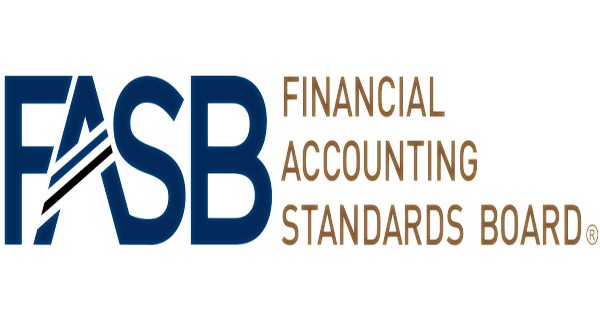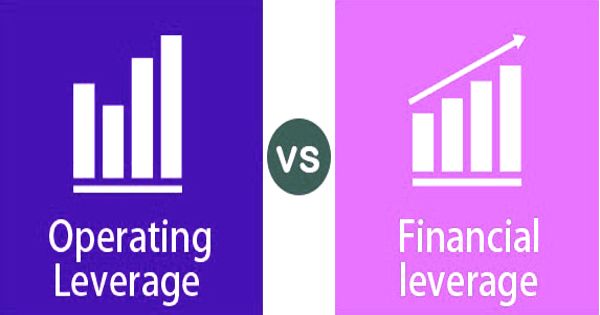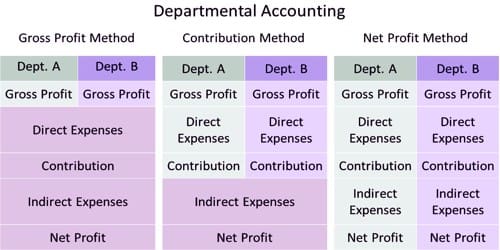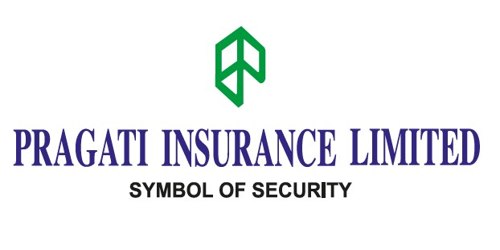The Financial Accounting Standards Board (FASB) is a private, non-profit organization that sets accounting and financial reporting standards for businesses and charitable organizations in the United States based on generally accepted accounting principles (GAAP). The Financial Accounting Standards Board collaborates with the International Accounting Standards Board (IASB), which is in charge of the International Financial Reporting Standards (IFRS), to develop universal accounting standards. The Financial Accounting Standards Board (FASB) was established by the Securities and Exchange Commission (SEC) to set accounting standards for public corporations in the United States.
The Financial Accounting Standards Board (FASB), based in Norwalk, Connecticut, was established in 1973 to replace the Accounting Principles Board and carry on its mission. Many other bodies, such as state boards of Accountancy and the American Institute of CPAs (AICPA), regard the FASB guidelines as authoritative. The FASB creates and gives financial accounting guidelines through a straightforward and comprehensive cycle planned to advance monetary announcing that gives valuable data to financial backers and other people who utilize financial reports.
FASB is part of a separate organization that includes the Financial Accounting Foundation, the Financial Accounting Standards Advisory Council (FASAC), the Governmental Accounting Standards Advisory Council (GASAC), and the Governmental Accounting Standards Board (GASB). In recent years, the FASB has collaborated with the International Accounting Standards Board (IASB) to develop globally consistent accounting standards. The Financial Accounting Standards Board (FASB) was established in 1973 to fill the void left by the Accounting Principles Board, which existed from 1959 to 1973 and served the same function as FASB.

The FASB is situated in Norwalk, Connecticut, and is driven by seven full-time Board individuals, one being the director, designated by the Financial Accounting Foundation (FAF) to serve five-year terms and are qualified for one term reappointment. The FASB is responsible for establishing and interpreting generally accepted accounting principles (GAAP) for public and private corporations as well as nonprofit organizations in the United States. GAAP refers to a set of guidelines that businesses, nonprofits, and governments should adhere to when preparing and presenting financial statements, including any related party transactions.
The aggregate mission of the FASB, the GASB, and the FAF is to build up and improve financial accounting and detailing norms to give valuable data to investors and different clients of financial reports and teach shareholders on the best way to most viably comprehend and carry out those guidelines. The FASB is recognized by the Securities and Exchange Commission (SEC) as the accounting standard setter for public corporations. State accounting commissions, the American Institute of Certified Public Accountants (AICPA), and other organizations in the field accept it as well. The capabilities to serve on the FASB incorporate proficient skill and sensible experience from callings like financial reporting, speculation administrations, and financial planning. Board individuals likewise come from areas like the scholarly world, business, and lawful, or government offices.
The Governmental Accounting Standards Board (GASB), which functions similarly to the FASB, was created in 1984 to define accounting and financial reporting standards for state and local governments across the country. The FASB and the GASB are also overseen by the FAF. Both advisory councils provide advice in their respective fields. According to their respective roles, the FASB, the GASB, the FAF Trustees, and the FAF management all contribute to the overall project:
- The FASB and the GASB are responsible for establishing the highest quality standards through a thorough, systematic, and inclusive process.
- The FAF management is in charge of providing strategic advice and services to the standard-setting Boards to assist them in their work.
- The Trustees of the FAF are in charge of overseeing and fostering an autonomous and efficient standard-setting mechanism.
The Financial Accounting Standards Board (FASB) has a broad variety of responsibilities, including developing new accounting principles and informing the general public.
- Establish reporting standards: The FASB’s most significant capacity is to guarantee that accountants and different mediators engaged with taking care of monetary data make point-by-point reports, which are then imparted to stakeholders. Adhering to a reliable arrangement of norms empowers a more productive market and economy.
- Improve accounting standards: The FASB’s goal is to constantly update and encourage accountants to work with better accounting standards, as mentioned prominently on their website. The FASB is investigating how technology interacts with the field of accounting in the twenty-first century so that it can take advantage of some of the advantages it may offer.
- Ensure information is transparent and useful for investors: In capital business sectors, it is essential for investors to get data encompassing an organization’s benefits and misfortunes. The FASB recently made a change that enables businesses to limit the information they provide to investors, which may not be as important. Apart from the effects of the finished product itself, the law relates more to biotech and drug companies that perform experiments and research processes, which may not be as applicable to investors.
- Create new accounting principles: The FASB is answerable for making new principles that improve the framework. An illustration of a recently made accounting principle is the exposure rule, which gives an organization the option to promote its subtleties and construction of costs caused in the year.
- Enable the general public to be educated on accounting standards: Years of education are required of professionals in order to fully comprehend the existing concepts and accounting standards. To maintain its mission and intent while also enabling accountability, FASB ensures that its accountants and other experts are constantly educated and updated on their skills and expertise.
In 2009, the FAF dispatched the FASB Accounting Standards Codification, an online examination apparatus planned as a solitary hotspot for legitimate, nongovernmental, generally accepted accounting standards in the United States. As previously mentioned, the FASB’s activities have a significant effect on investors. GAAP enables stakeholders and investors to view a company’s financial status and condition through financial statements, allowing for comparisons with other firms and assisting in the making of informed investment decisions.
A report from the Harvard Business Review concurred that mark-to-showcase accounting isn’t the immediate reason for the monetary emergency, however the absence of information identified with bookkeeping principles by financial backers powered the fire. Most investors believed at the time that all of a bank’s assets were valued at market rates, and that paying down bonds would result in a breach of regulatory capital requirements. Accounting requirements are critical for an effective economy, and the FASB plays a critical role in the operation of many regulatory bodies in the United States.
The International Accounting Standards Board (IASB), based in London, is responsible for the International Financial Reporting Standards (IFRS), which are now used in many countries around the world. It was established in 2001 to replace an older standards body. The FASB is a major contributor to the implementation and creation of the International Financial Reporting Standards (IFRS), as well as maintaining GAAP, its own accounting standards. FASB collaborates with IASB through forums like the IASB’s Account Standards Advisory Forum (ASAF), as international perspectives help FASB develop and improve GAAP.
Information Sources:
















